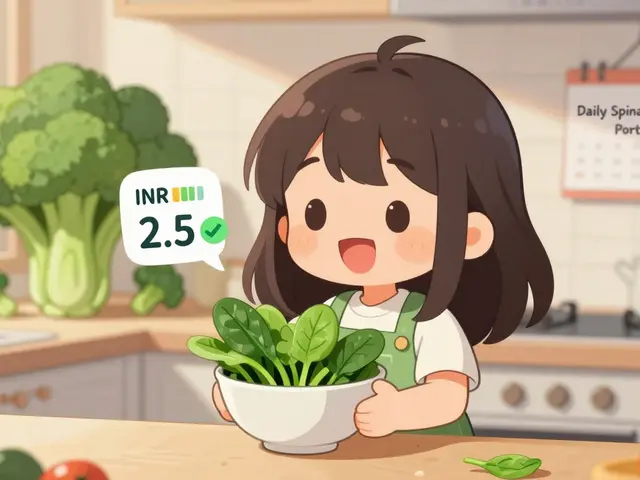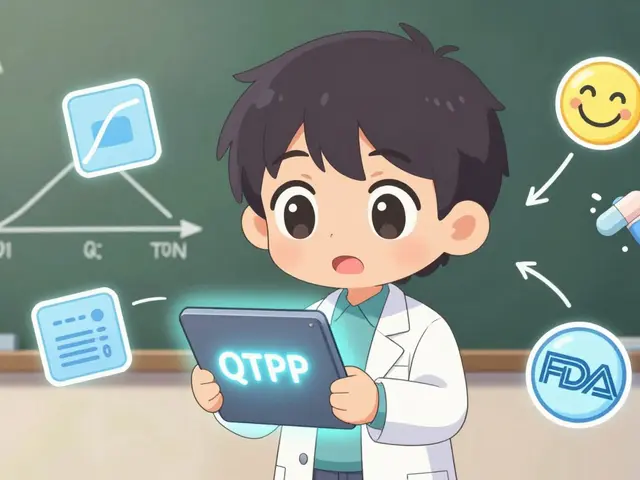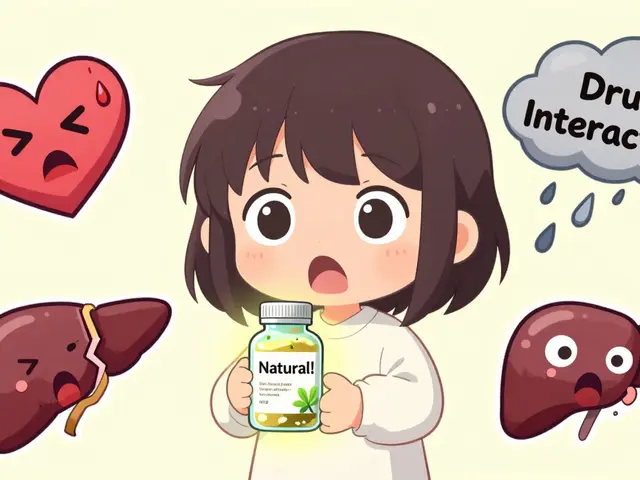PPI Interactions: What You Need to Know About Drug Conflicts
When you take a proton pump inhibitor, a class of drugs that reduce stomach acid production, commonly used for heartburn, ulcers, and GERD. Also known as PPIs, it acid-reducing medications—like omeprazole, esomeprazole, or pantoprazole—your body doesn’t just stop making acid. It changes how other drugs get absorbed, broken down, or activated. That’s where PPI interactions become a real concern.
PPIs don’t just sit quietly in your stomach. They alter your gut’s pH, which affects how well drugs like clopidogrel, methotrexate, or certain antifungals dissolve and enter your bloodstream. For example, clopidogrel—a blood thinner many heart patients take—needs stomach acid to become active. PPIs can block that process, making the drug less effective and raising your risk of clots. This isn’t theory; studies show patients on both drugs have higher rates of heart attacks and strokes. And it’s not just heart meds. PPIs can lower magnesium levels over time, which messes with heart rhythm and muscle function. If you’re on long-term PPIs and feel weak, dizzy, or have muscle cramps, it could be your meds talking.
Then there’s the hidden stuff. PPIs interfere with how your liver processes drugs using the CYP2C19 enzyme. That means common antidepressants like citalopram, anti-seizure meds like diazepam, and even some cancer drugs can build up to unsafe levels. On the flip side, PPIs can make antifungals like ketoconazole or itraconazole less effective by making your stomach too alkaline. Even over-the-counter supplements like iron or vitamin B12 don’t absorb well when acid is suppressed. And if you’re on antibiotics like amoxicillin for H. pylori, PPIs help—but if you’re on others, they might just make the infection worse by changing your gut’s natural balance.
You don’t need to stop your PPI. But you do need to know who’s in your drug mix. A pharmacist can spot these clashes faster than most doctors. Keep a list of everything you take—prescriptions, supplements, even herbal teas. If you’ve been on a PPI for more than a few months, ask about alternatives like H2 blockers or lifestyle changes. And never start a new med without checking if it plays well with your acid reducer. The real risk isn’t the PPI itself. It’s the silent, unseen chain reaction it sets off in your body.
Below, you’ll find real-world guides on how these interactions play out with common drugs—from blood thinners to antibiotics to supplements. No fluff. Just what works, what doesn’t, and what you should ask your provider next time you refill a prescription.
Acid-Reducing Medications: How They Interfere With Other Drugs

Acid-reducing medications like PPIs can drastically reduce the absorption of critical drugs such as HIV treatments and cancer therapies. Learn which medications are at risk and how to prevent dangerous interactions.
read more



